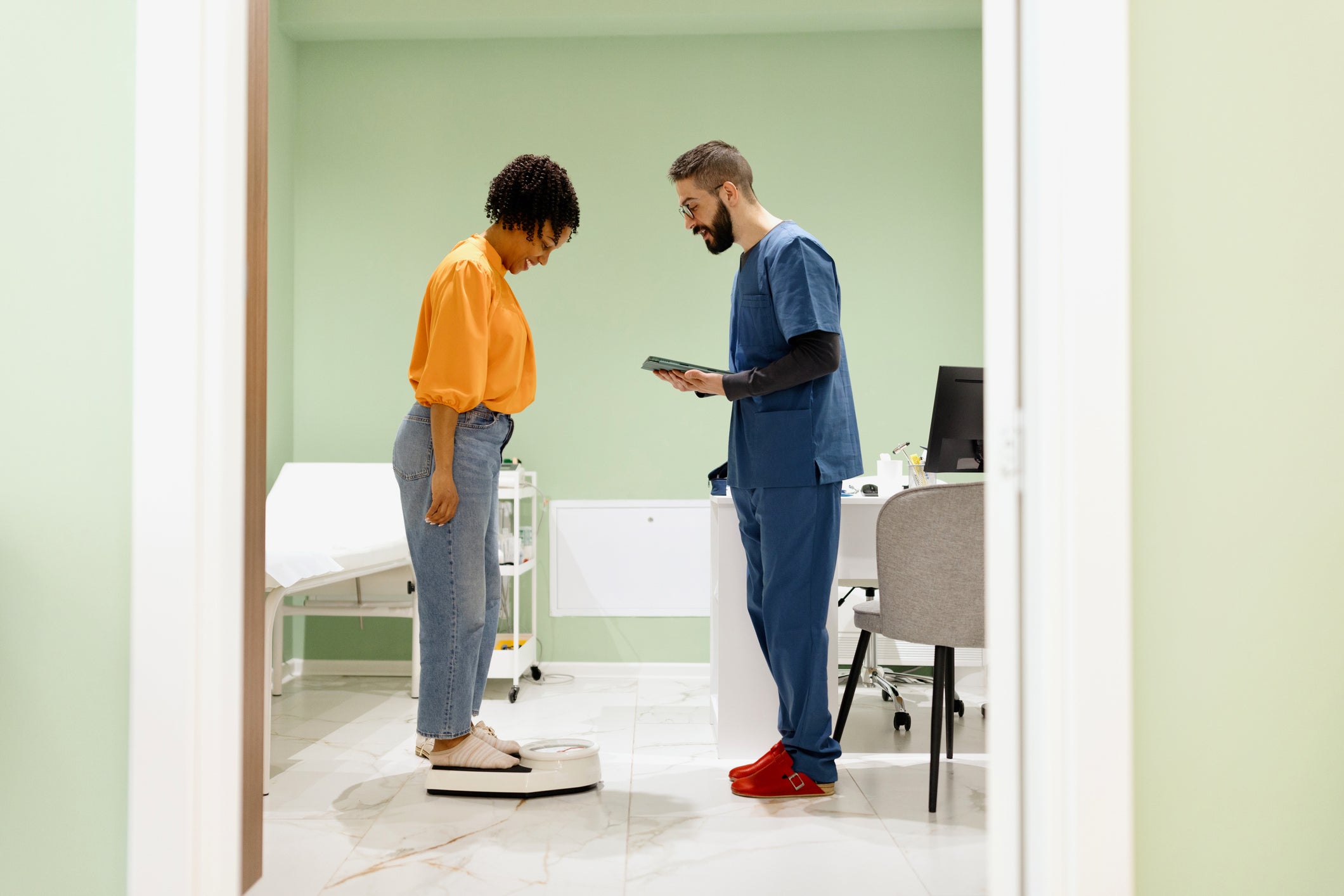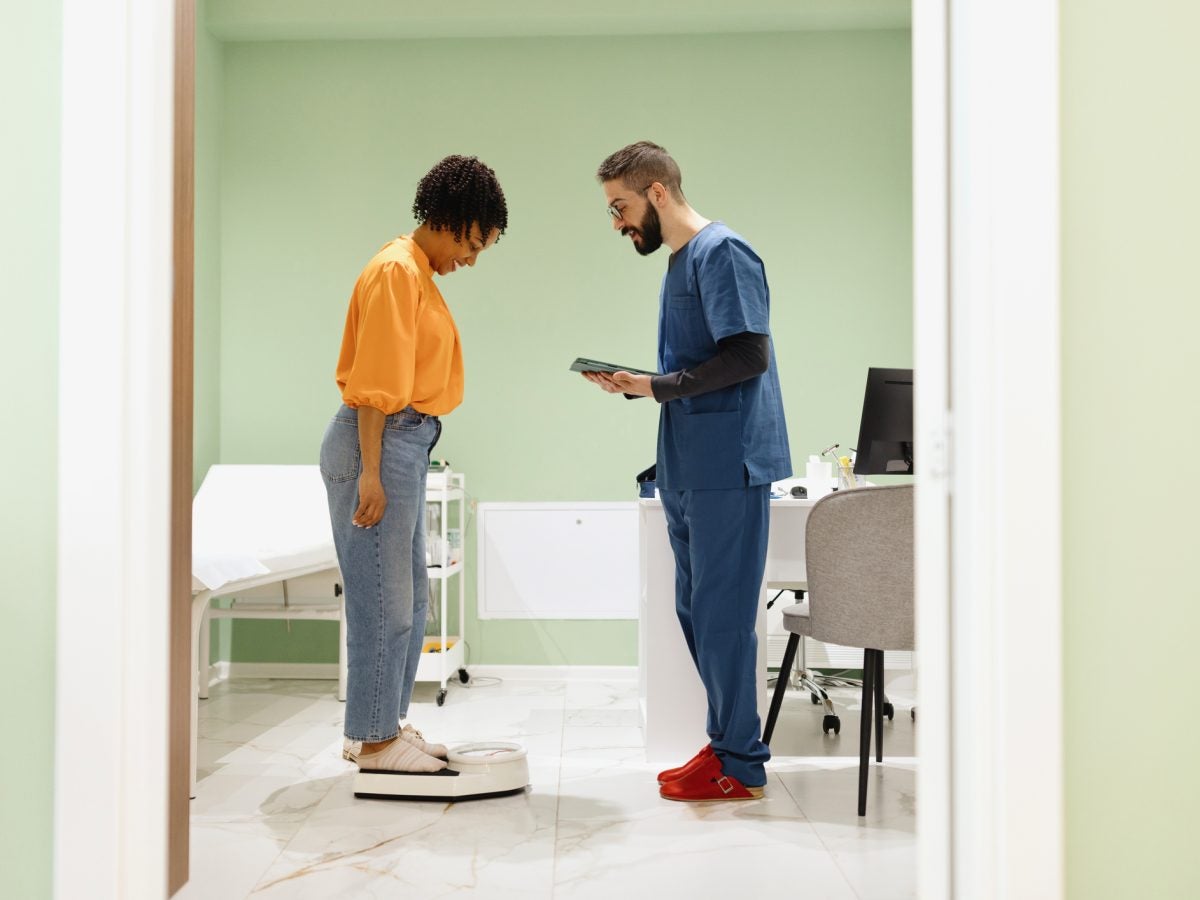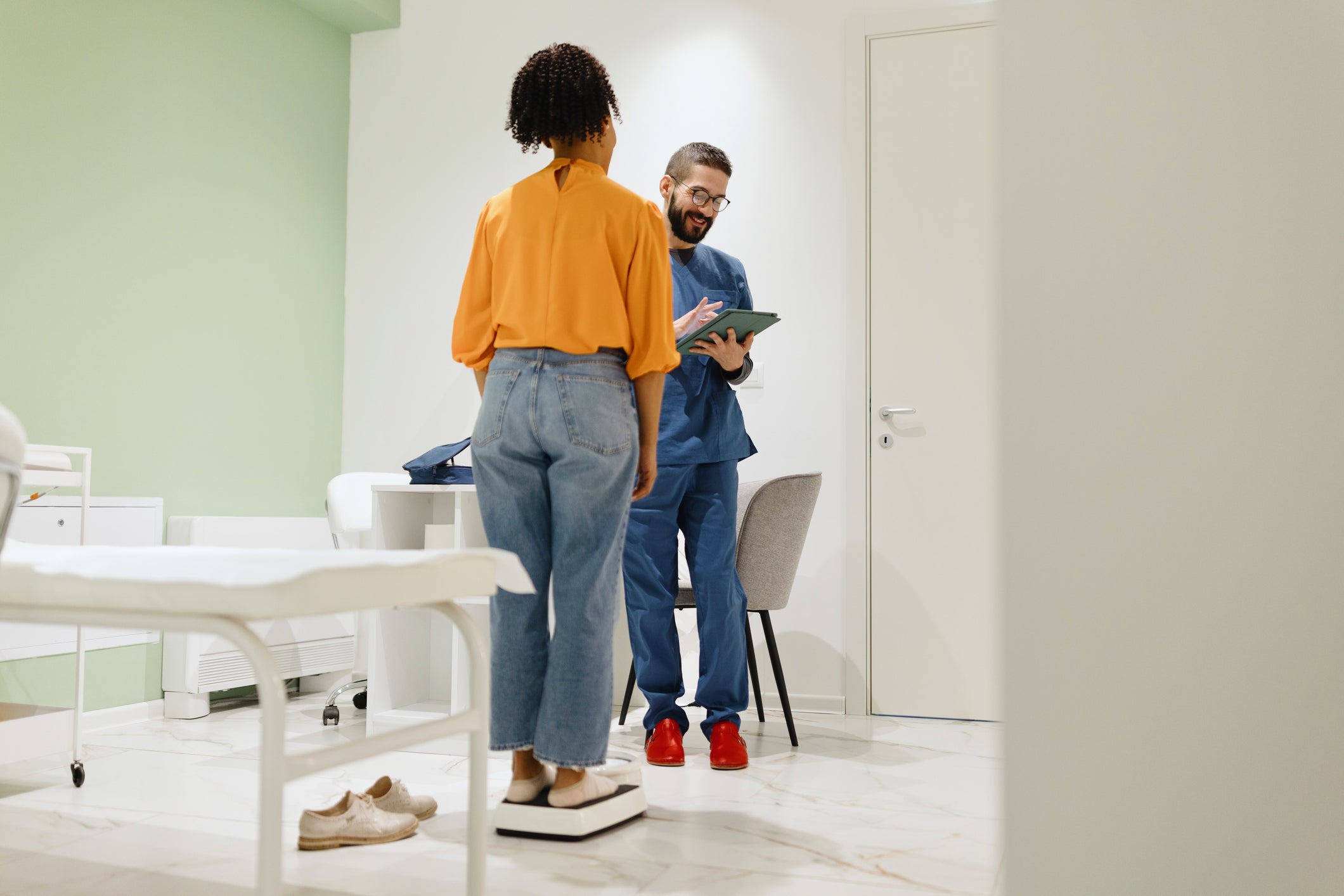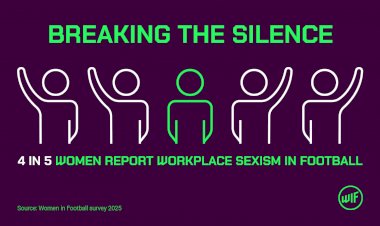The Side Effects Are Real—But So Are The Results: Why Some Black Women Say Weight-Loss Meds Are Worth It
Amber Carter had battled with her weight for as long as she could remember. For decades, the 39-year-old from Clarkston, Michigan, had been caught in a frustrating cycle: eating a […] The post The Side Effects Are Real—But So Are The Results: Why Some Black Women Say Weight-Loss Meds Are Worth It appeared first on Essence.

 Getty Images
Getty Images Amber Carter had battled with her weight for as long as she could remember. For decades, the 39-year-old from Clarkston, Michigan, had been 2024 survey, one in eight adults in the U.S. has tried a GLP-1 agonist. While digestive issues are among the most common side effects, many experts believe that for those who qualify, these meds are the way to go for weight loss.
 A male nurse measuring the body weight of a woman at the doctor’s office
A male nurse measuring the body weight of a woman at the doctor’s office A study from the Yale School of Medicine determined that, considering over 70% of Americans are overweight and we know that obesity can lead to serious health problems, access to these medications has the potential to save thousands of lives every year.
Jen Caudle, MD, a family physician and associate professor at Rowan University in New Jersey, regularly prescribes GLP-1 and GIP medications to her patients. She says stigma remains one of the biggest challenges.
“Critics will say they’re the ‘easy way out,’ but we know obesity is about more than just trying harder,” Caudle says. “It can be environmental, genetic, or hormonal. When I hear people shame others, it’s sad, because that’s wrong.”
She acknowledges that no medication is without side effects. “These aren’t right for everyone, but they’ve really changed the game,” she says. She advises patients taking them to eat slowly, stay hydrated, avoid drinking through straws (which can cause bloating), and be upfront with their doctors about any symptoms so they can work on a plan together.
For Brianna King, 28, of Columbia, Missouri, her decision to start Zepbound in September 2024 was motivated by a combination of health concerns and personal milestones. She was a new fiancée, close to completing her PhD in psychology, and wanted to feel confident during these big life moments.
“I have all these milestones coming up, and every time I take pictures, I hate them,” she says.
King also has Polycystic Ovary Syndrome (PCOS), a hormonal condition that makes weight regulation difficult. Close to becoming prediabetic, and with a family history of diabetes, she knew she needed to act. An endocrinologist prescribed Zepbound, and her insurance company required her to enroll in a wellness program with weekly weigh-ins to stay eligible.
But side effects hit hard: fatigue, constipation, and nausea. Worse, she felt her doctor was dismissive of her concerns. Looking for support, she turned to TikTok, creating GLPBri. There, she connected with others on GLPs who could share real-time advice.
“My doctor has the knowledge, but she hasn’t been on a GLP-1,” King says. “The women on TikTok are going through this with me — they shared tips that really helped.”
Early on, King was still eating a lot of fast food. Her doctor recommended a stool softener for constipation, but it made her symptoms worse. To help, her online community suggested focusing on balanced meals instead and stopping the nausea medication. She also started taking her injections on Fridays to recover so she could get more rest over the weekend. The changes worked.
Now, after 40 weeks on Zepbound, she is down 40 pounds. She’s aware of the online criticism aimed at GLP-1 users but says the negative comments don’t get to her.
“If your body works the way it’s supposed to, you might not understand that solely working out and eating less doesn’t work for everyone,” King says. “GLP-1s aren’t magic shots. You still have to move your body, eat better, and stay consistent. They don’t work if you don’t work.”
TOPICS: health and wellness obesity weight-loss drugsThe post The Side Effects Are Real—But So Are The Results: Why Some Black Women Say Weight-Loss Meds Are Worth It appeared first on Essence.

























